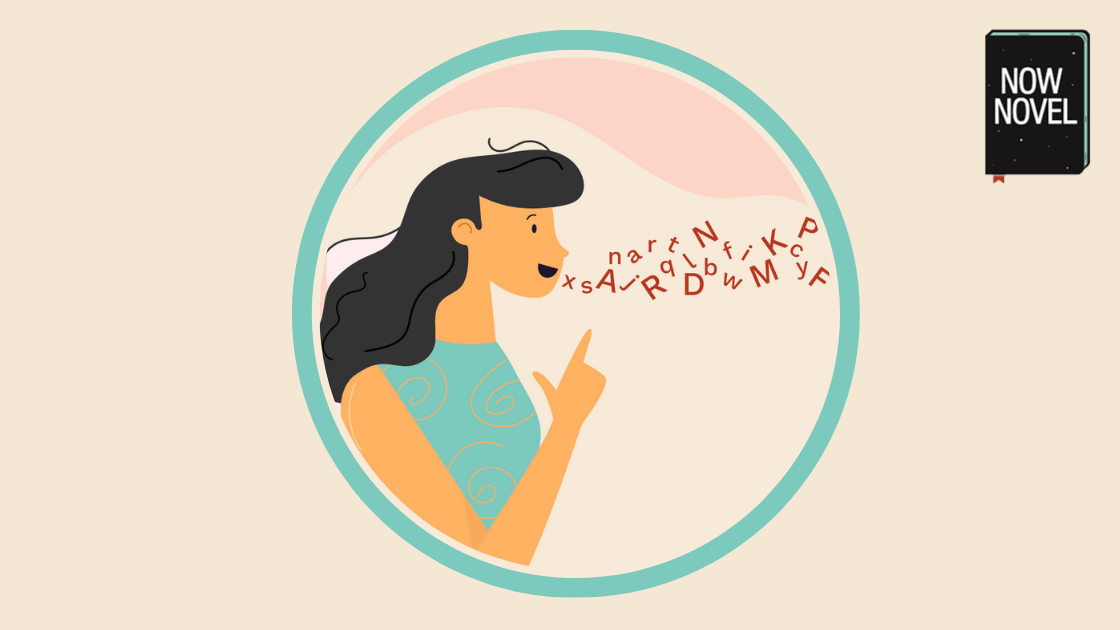


But it doesn’t mean you’ll always be cheering yourself on and overlooking mistakes. The goal is to change that negative self-talk to reinforce the idea that you are good, worthy and capable, Fouts said. Those thoughts often come from a place of thinking you are not worthy of the compliment, she said. Instead of gratefully accepting, you brush it off as that person being nice or thinking that you could have done better. That feeling could come up when someone gives you a compliment. “That’s usually, ‘I’m not good enough, not worthy enough.’ ”

“When I work with people, we discover the root,” Fouts said.

She finds that some of the unhelpful “tapes” that play over and over in clients’ heads are rooted in a deeper belief about themselves. Like most aspects of psychology, the root of how people talk to themselves comes in part from genetics and in part from individual experiences, Kross said.Įven the most loving caregivers can pass on negative self-talk to children, Fouts said. I do remember having a lot of external play creativity as a younger child, then everything kind of got internalised and I lost a lot of the audio/visual side, but the creativity stayed.Maintaining a healthy inner voice can help with your growth and mental health, experts say. Nothing else was there!Ĭhildren go through developmental stages, where everything is externalised (kids talking out loud as they play) then gradually their thoughts become less 'out loud' and more 'inside'. I have always had aphantasia, one of my earliest diary entries is talking about my 'black inner brain' I used to always press on my eyes and entertain myself for ages with the spinny colours, flecks and shapes. I do often wonder if I've always had this, or since I was younger. When I close my eyes and sit in a quiet room my brain is a very calm place. If I am weird for having a beautifully silent head then I'm happy I'm weird. How do people with inner monologues get anything done? Whose voice is it? What happens when they want to sleep, chill, read or meditate?! Isn't it super distracting? I already struggle with intrusive thoughts, I'm just glad they don't have an audio-visual quality too. I only learned about these last year and I am SO GLAD I don't have one. I have met someone who has an inner monologue in the 3rd person that tells her what to do, so it seems there is much more variation than I would have expected before I started asking around. When I read a book or other text, I usually narrate it using my inner monologue but when I can consciously not do that I can read much faster but with lower retention. It is usually in English (native language) though when I was doing an immersion program, I sometimes would directly think in the target language. I use it when I rehearse something I'm going to say or if I'm trying to solve a puzzle or something. I have an inner monologue, it has my voice and I always have the sense it is representing me. There might be some ambiguity between the phonological loop and an inner monologue. Some people's inner monologue does not stop, others only activate when the person is preparing to speak or trying to problem solve. It seems like it varies a little bit, but in a vague sense, it's a voice that you can hear inside your head.


 0 kommentar(er)
0 kommentar(er)
